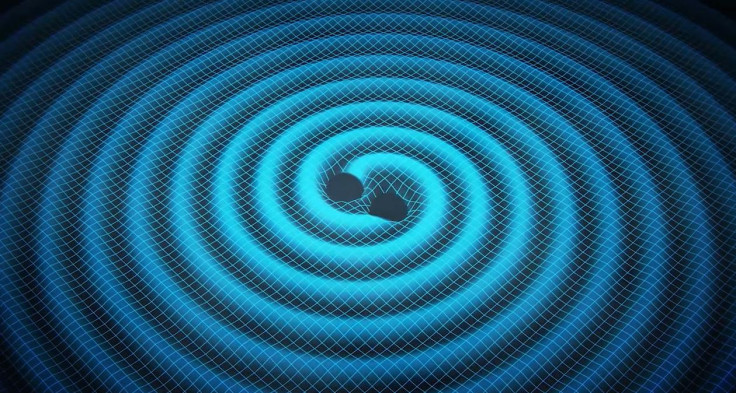Gravitational Waves Discovered? A Physics Rumor Sends Shockwaves Across Twitter

"Gravitational waves," ripples in space-time caused by massive events like supernovae and black hole collisions, were first predicted by Albert Einstein in his theory of general relativity more than a century ago, but direct observation of these supposed "waves" has remained elusive. That's not for a lack of trying: experiments such as the Laser Inferometer Gravitational Wave Observatory (LIGO) have been actively searching for any evidence of these waves since 2002.
The experiment was shut down in 2010 for four years to upgrade the equipment, and the search resumed in September 2015. Now, rumors have surfaced that LIGO, a joint project of scientists at MIT, Caltech, and many other colleges and universities, hit paydirt:
My earlier rumor about LIGO has been confirmed by independent sources. Stay tuned! Gravitational waves may have been discovered!! Exciting.
— Lawrence M. Krauss (@LKrauss1) January 11, 2016Lawrence Krauss, of Arizona State University, is a prominent figure in theoretical physics, but he's jumped the gun before. Krauss first shared the rumors that LIGO may have discovered gravitational waves in September 2015, but the official response was that the team had not reached any conclusions and was busy analyzing the data, according to Nature.
On Monday, Krauss said other independent sources had confirmed his initial report.
The discovery of gravitational waves would be considered by many the favorite to win the Nobel Prize in Physics in 2016 if confirmed.
LIGO shoots laser beams down opposite ends of an L-shaped tube into a mirror and back to their source. If gravitational waves were detected, the length of the tube would change enough to be detected, according to Space.com.
Robert McNees, a physicist from Loyola University Chicago, predicted that LIGO would detect gravitational waves in 2016, but expressed the need to let the LIGO team work on their own time. "The best way to support these scientists is to let them carry out their experiments and analysis the way they were meant to be done," McNees told Gizmodo.
Great science takes time, but even that is not foolproof. On March 17, 2014, researchers from the BICEP2 project announced they discovered gravitational waves from the Big Bang based on observations of the cosmic microwave background — the radiation left behind from the formation of the universe. The discovery would have also confirmed the theory of cosmic inflation — the massive expansion of the universe right after the Big Bang. After the announcement, there were concerns about the findings. Further analysis revealed the evidence was nothing more than dust.
After waiting more than 100 years to confirm Einstein's prediction, what's waiting a few more months or even a year?
© Copyright IBTimes 2025. All rights reserved.




















